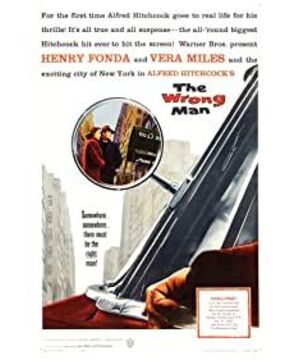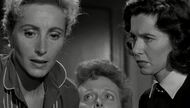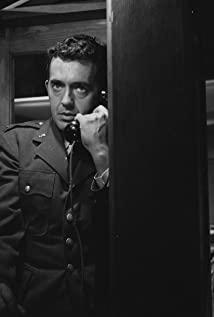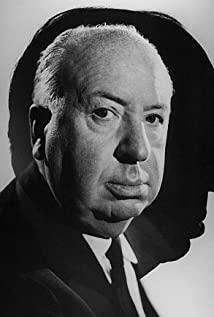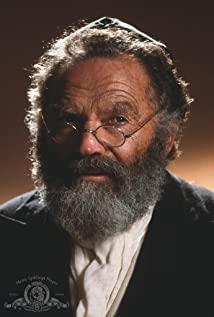In a country where procedural justice has not yet been achieved, expecting someone to understand this film may be a bit like a idiot, just remember it, and no one sees it in the middle of the night.
Classification is a very silly thing, but alive always has to build some system models to judge things.
In my opinion, all good works can simply point to two dimensions, one is perfect and the other is great.
Pointing to the perfect film, I am used to calling it a pattern film, pointing to the great, I call it an epic film.
"The Reunion" is undoubtedly great. It breaks through the old pattern of suspense films, reflects the heart of people, and removes as much as possible the dramatic teasing. It shows us the innocent men arrested and because of watching A woman who has a nervous breakdown without hope.
However, the above elements do not constitute its true greatness. If it is also like "The Bicycle Thief" because the depressed society forces a good person to commit crimes, then it is just a general accusation and criticism.
The greatness of "The Reunification" is that everyone is righteous, the police officer who arrested him is just, the interrogation process is just (no torture), the person who corrects him has done his civic duty, and he was not sent to prison. Being abused (the belongings were not embezzled), paying bail is just, and the court trial is just. After another suspect appeared, the original police officer did not hesitate to overturn his original conclusion. It is even more just. The final result of the case is also just. (Not guilty release)...
Everything is in line with the logic of the law at the time, everyone is innocent, and even the colleagues in the family nightclub are enthusiastic to help.
However, the man played by Henry Fonda is so anxious under his calm and restrained appearance. A seemingly perfect family needs a loan because of the medical expenses for a toothache and collapses due to coincidence...
The last subtitle of the film says What recovered two years later, and gave a family of four the back view, it is just a narrative illusion, the real film has long been over.
It shows the fragility of the urban middle-class lifestyle, the inability of individuals to face the system, and the fear of being unable to get rid of the "darkness".
More importantly, it shows that all systems and systems that impose compulsory restraints on individuals, including the legal system based on modern society, are inherently sinful.
All systems that try to measure and judge people contain a distortion. In the film, Jesus Christ may manifest good luck to the male protagonist, but his wife’s phobia cannot be eliminated.
We live in the world, and we need rules and order in order to communicate between people. However, even when we regard these rules and orders as the righteous, we must not forget that they will inevitably bring harm. They are just the least bad. The choice-and may become worse at any time.
This film is also a tragedy of fate in the era of capitalism (property rights).
Those of us who have seen more social tragedies should never forget that fate tragedies are more common and less noticeable.
View more about The Wrong Man reviews


